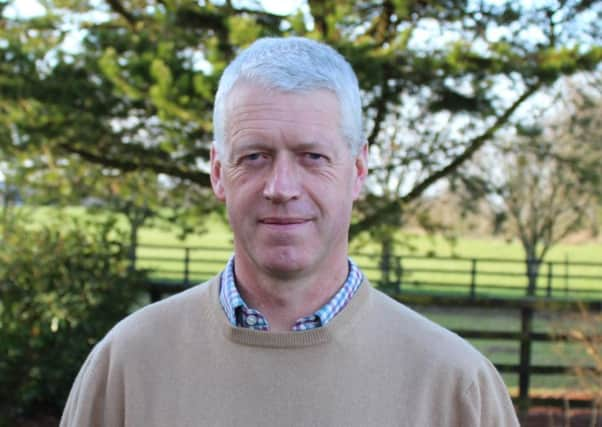Positive uptake for FES planting scheme


This is a very encouraging development, as it reflects the growing recognition of forestry and woodland as valuable land use options here in Northern Ireland.
It goes without saying that Forest Service should respond in kind by green lighting as many of these applications as possible. Securing the required finance is at the heart of this issue. And, irrespective of whatever budgets have been set aside for the 2017/2018 planting season, it should be pointed out that there is a cumulative deficit already built up within FES, given the fact that tree planting targets laid down for the first two phases of the scheme were not met.
Advertisement
Advertisement
And if this approach is not feasible, I would strongly propose that Forest Service should make up any budgetary deficit that might arise during 2017/2018 by transferring funds from other schemes. The new Environmental Farming Scheme is a case in point.
FES has a five-year lifespan with a built-in target of planting out 1,800ha of woodland during this period. But given the fact that only 300 has of forest have been established, courtesy of its first two tranches, the scope to really ramp up tree planting levels genuinely exists.
Adding to the growing interest in forestry development is the fact that increasing numbers of landowners now realise that they can utilise a commitment to forestry development as a means of reducing their exposure to Inheritance Tax (IHT). This is a crucial component of the succession planning procedures that should be put in place within a family farm business.
Following two years of establishment, commercial woodlands in individual ownership will normally attract 100% IHT Business Property Relief, thus removing them completely from any charge to IHT.
Advertisement
Advertisement
And, if death occurs within the first two years of ownership, the IHT liability can ordinarily be paid over ten years in interest-free instalments.
The main way to avoid paying IHT is to make sure that the woodland qualifies as a business asset. But this will only be achieved if the forest, or woodland, is commercially managed, and recognised as such by HMRC. Premier Woodlands’ staff have been specifically trained to provide the professional input required, where this matter is concerned.
Meanwhile, eligibility for FES means that all establishment costs will be grant aided, while also providing annual payments on the land planted out for a period of 10 years. It all adds up to a win:win scenario for the landowners involved.
Underpinning all of this is the development of a fit-for-purpose woodland development plan. And, again the team at Premier Woodlands will provide clients with a bespoke service in this regard.
Advertisement
Advertisement
It must also be pointed out that FES is a forestry grant scheme that is available now. With Brexit coming down the track, there is no guarantee that the UK authorities may look so favourably at supporting the creation of new woodlands in future years. So for those landowners actively seeking to identify ways of minimising IHT liabilities, the time to look at a woodland investment option is now.
The recent history of forestry development in Northern Ireland has been characterised by statements from Stormont farm ministers committing to the sector. Unfortunately, there is no political hand on the tiller of our farming and food affairs at the present time. So it’s up to Forest Service to ensure that previous commitments given, where woodland development is concerned, are secured in full.
For further information, contact Premier Woodlands on (028) 7963 4236.